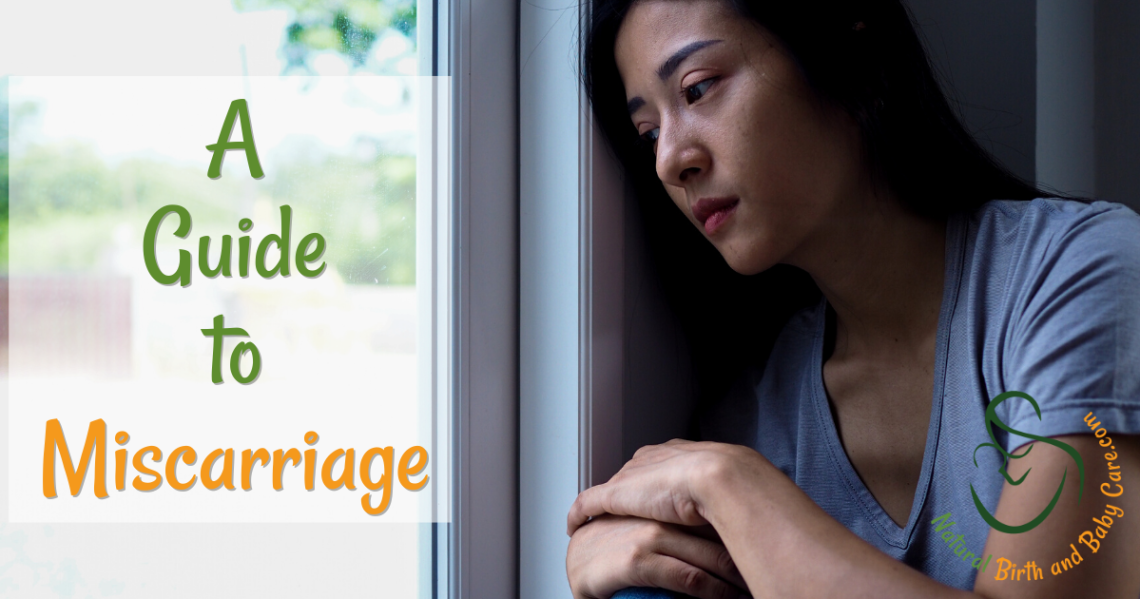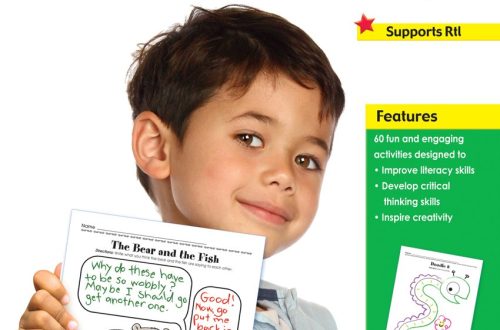
A Guide to Miscarriage
What can you expect with miscarriage? How do you move forward? Is it possible to move forward? Getting clear information on miscarriage, especially if you were focused on a natural pregnancy and birth and want to possibly honor this lost life with a natural miscarriage, can be difficult.
I put together a special miscarriage series for my students, and want to share this information with every woman who needs it. You’ll find the 3-part audio series and some information on grief below. Stream directly from here, or download and listen as you need it.
Part 1: Understanding Miscarriage
Helpful Links Mentioned in Part 1
Lost Innocents – the site mentioned in the class. Lost Innocents has an Orthodox Christian perspective, but with excellent information on miscarriage and choosing to miscarry naturally (with tips on knowing when to go into the hospital). Please note there are photographs on the website. I think they are beautiful, but I want you to know there are real images so you can decide if that’s right for you to view at this time.
How to Prevent Group B Strep – my GBS article, mentioned in the Q&A segment. I would study these tips, regardless of causes of miscarriage, especially if you intend to TTC again. Cultivating good “vaginal floraculture” has benefits for conception and all stages of pregnancy, breastfeeding, and for your and future babies’ lifelong health.
Part 2: The Emotions of Miscarriage
Feelings You May Have During and After Losing Your Baby
You may feel a wide range of things after you lose your baby (or you might seem to feel nothing at all, and that’s okay, too). Feelings and thoughts change. Loss, grief, and trauma take time to heal. Whatever you’re feeling is okay – it takes time and there are many stages of grief. Even if you lost a baby early in pregnancy, your grief is valid.
If you are struggling and feel like you need someone to talk to immediately, the Crisis Text Line is available to you via text, chat, and Whatsapp message. Click here to get help from their 24/7 crisis counseling team.
It is helpful to understand stages of grief. Your feelings are natural and normal (and it’s normal to shift back and forth as you process your loss). While your grief won’t look exactly like another woman’s grief, there are stages that many women experience:
Denial:
You might be in denial during the initial shock of losing your baby. You may still feel pregnant. If you discovered your baby died during an ultrasound exam, you might be convinced that the ultrasound technician is wrong. Or you may expect to feel your older baby rolling and kicking.
During this stage you think that you will blink your eyes and your baby will be back, heart beating, pregnancy progressing. You may feel like you’re in a nightmare and you just want to wake up.
Anger:
This may go along with denial. Or it can come on in a rush after you’ve lost your baby. You may feel angry at yourself, thinking that if only you had been more careful, not done something, had done something, or paid more attention that your baby wouldn’t have died.
You could feel angry at your partner, or the medical professionals who could not save your baby. Maybe you feel angry because nobody has really acknowledged your loss. Your anger may seem irrational and unjustified – this is ok and normal.
Bargaining:
Sometimes find yourself bargaining to get your child back. You may promise to eat better or take better care of yourself. You may think that if you had only been nicer, more fit, etc. etc, that your baby would have lived.
You may find yourself having wild thoughts that if you can just have your baby back, you’ll do much better. If you believe in a God, then you may find yourself bargaining with your deity, hoping that it will bring your baby back. All these thoughts are normal.
Acute Grief:
This term is used in A Silent Sorrow, an excellent book about baby loss. During this stage of grief, your disbelief and shock have faded somewhat, and you are left with the full realization of your loss. You may find yourself crying uncontrollably, or even constantly.
You may also have physical symptoms of grief such as sleeplessness, loss of appetite, headaches, nausea, and shortness of breath. You may also feel anxiety and have nightmares.
Your loss may be on your mind constantly. It is overwhelming and all-consuming. You might feel angry and find yourself snapping and lashing out – even at your loved ones.
Another troubling feeling may be the wish to die – it is normal. You may wish to join your baby. These feelings are normal, but they can be a sign to seek help – don’t wait, reach out. Get 24/7 help from a crisis team here.
Guilt:
Guilt is part of the acute grief stage, but it’s such an overwhelming feeling that I wanted to put special emphasis on it. You may wonder if you did something wrong, or if you could have somehow prevented your child’s death. Oftentimes there was nothing you could do.
If you know that something in your environment, or perhaps something genetic, caused your baby’s death you may feel strong guilt. It’s important to acknowledge your feelings, but remember you don’t consciously control genetics. You may now realize an environmental cause was the root of your baby’s problem – but remember you didn’t know that before now.
If you were ambivalent about this pregnancy, you may feel particularly guilty, as if your feelings about your pregnancy caused your loss. But that’s not how it works! Almost every pregnant woman experiences some apprehension about pregnancy and the thought of a new baby. Even if you thought clearly that you were not ready for a baby, your feelings didn’t cause your loss. Your feelings and worries were normal.
Failure:
Sometimes women feel like they’ve failed if they lost a pregnancy. They feel that they have failed as a mother and a woman and may feel that they’ve failed to provide their partner with a child. These feelings are, as the others, normal. But losses do happen, and most are completely out of your control.
Envy:
You may find that you envy other pregnant women or women with babies and small children. This is normal even long after your own loss.
It may be hard for you to be around pregnant women or families with young children. You may wonder why their children survived and your baby died. You may even be hesitant to look at pictures of other children. All these feelings are ok.
You will eventually be able to be around other children, but it’s always ok for you to have your own feelings of grief resurface when you see them. Envy is normal and ok.
Part 3: Trying to Conceive and Pregnancy After Miscarriage
This recording details how to handle pregnancy after you’ve had a miscarriage, and covers answers to questions like how long you should wait to conceive. I also share what research and evidence say about getting pregnant after miscarriage, environmental factors to watch for, and more.
If you feel ready to try again, my Trying to Conceive Guide is helpful.
Many (((hugs))) to you, beautiful… I love you and I am here for you.


